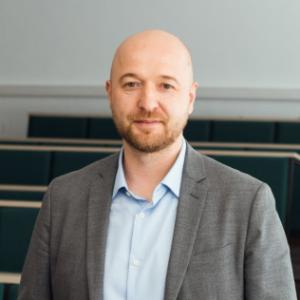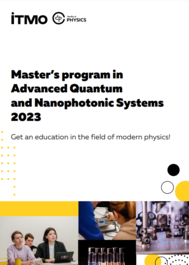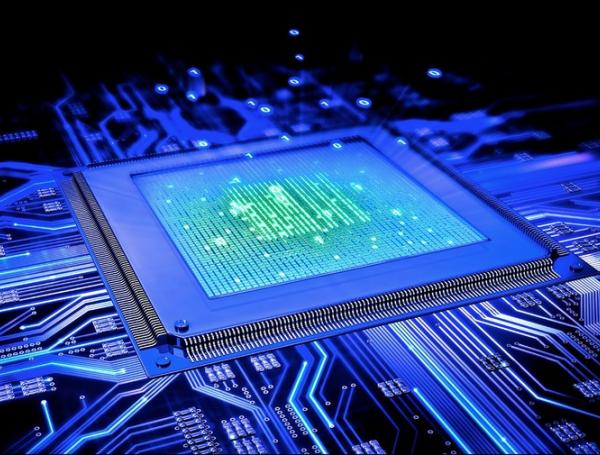- Home
- Master's programs
- Nanophotonics
Master's program
Modern nanophotonics plays an important role in the modern world, from fundamental science to applications in medicine and information technology. The specialization "Nanophotonics" of the Master's program "Advanced Quantum and Nanophotonic Systems" is the only one in Russia and one of the few programs in the world combining education in nanophotonics and metamaterials. In this specialization, students not only gain knowledge and skills in project work, but also actively participate in advanced international research.
Being deeply involved in scientific work during their education, students not only use the acquired academic knowledge, but also obtain real work experience in cutting-edge areas of science. Our students engage in international projects, work with high-tech equipment, publish articles in top-rated journals indexed in WoS and Scopus, speak at Russian and international conferences and seminars, and organize international scientific schools and workshops. At the Faculty, open scientific seminars are held weekly, featuring invited Russian and foreign scientists: they are dedicated to latest problems in theoretical physics, optics and radiophysics.
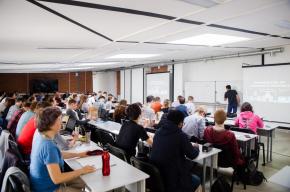
In the first semester, master’s students choose a scientific supervisor and begin their research activities from the very first weeks of study. Research can even be started before admission, through summer internships. From the start of the program, students become full-fledged members of the faculty’s research laboratories, with opportunities for official employment and a salary in addition to their scholarship. Faculty members are genuinely invested in students’ success and professional growth, since they work side by side on cutting-edge scientific challenges as colleagues.
The faculty follows a flexible elective system, which means that students can choose the courses they want to study during their program. The scientific supervisor helps select courses that will best support research activities and personal development. A detailed course structure by semesters and tracks is provided in the table below. In addition, the program may feature short intensive courses delivered by world-renowned visiting professors.
The final semester is fully dedicated to research, allowing students to immerse themselves in their projects and thoroughly prepare for the defense of their master’s thesis.
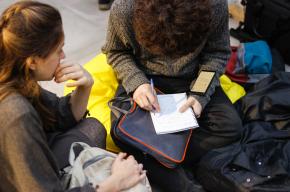
| 1st semester | 2nd semester | 3rd semester | 4th semester | 5th semester | 6th semester | 7th semester | 8th semester |
|---|
|
Primary (min. 2 курса в семестр) EN
|
|
|
Mathematical and Numerical Methods
|
|
|
Special
|
|
|
Scientific work and internship
|
|
General education module
|
|
|
.
|
.
|
.
|
.
|
.
|
.
|
.
|
.
|

